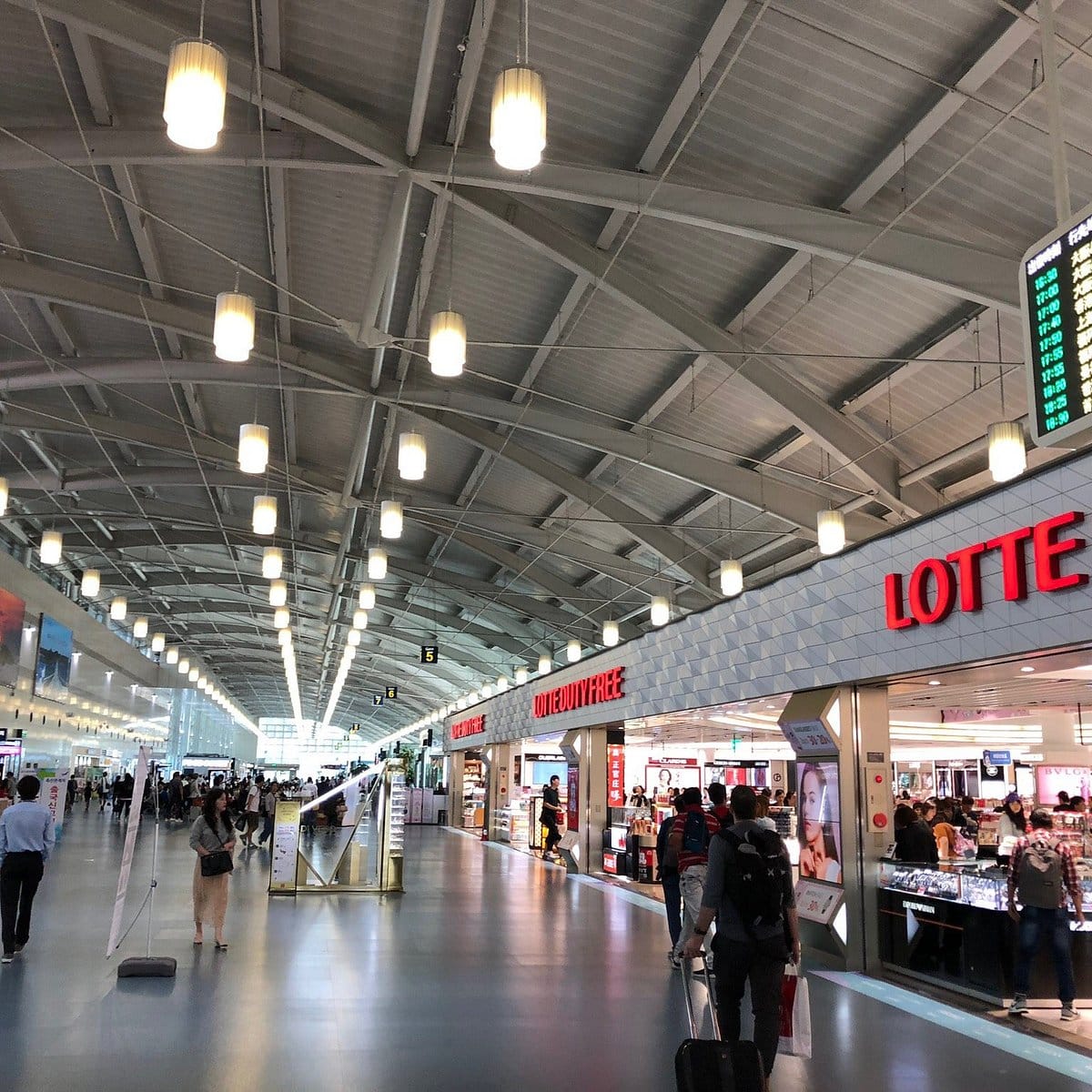As the deadline for a potential government shutdown approaches, members of Congress are engaged in intense negotiations in an attempt to reach a consensus on a necessary spending bill. The looming shutdown has ignited discussions on various budget proposals as lawmakers on both sides of the aisle seek to balance fiscal responsibility with the demands of their constituents. If an agreement is not reached, federal operations could face significant disruptions, impacting agencies, staff, and the public they serve.
The current stalemate arises from disagreements over discretionary spending levels, funding for government agencies, and various policy provisions tied to the budget. The fiscal year ends on September 30, which means Congress has limited time to find a solution that is palatable to all parties involved. Republican and Democratic leaders are highlighting their priorities while also considering the implications of a shutdown on the economy and public services.
In recent weeks, some House Republicans have insisted on deeper cuts to spending, reflecting the desires of a vocal faction within the party. They argue that reducing government expenditures is crucial for maintaining fiscal health. However, this push for reductions is met with resistance from Democrats, who emphasize the importance of maintaining funding for critical services such as education, healthcare, and infrastructure. This ideological clash complicates negotiations as each side struggles to find common ground that would allow them to move forward.
In the Senate, conversations are also underway regarding a potential bipartisan solution. Senate leaders are considering various funding strategies that would preserve essential services while addressing the concerns of both parties. This includes discussions about continuing resolutions, which would keep the government running at current funding levels temporarily, providing additional time for further negotiations. However, while this may work as a short-term solution, it may not address longer-term budgetary concerns that both sides are grappling with.
Adding to the complexity of the negotiations is the upcoming election season. Many lawmakers are under pressure to align their spending positions with the views of their constituents, many of whom hold strong opinions on federal spending and government efficiency. The proximity of elections means that politicians must navigate these discussions carefully, as any perceived failures in negotiations could have consequences for their reelection prospects.
As talks continue, the clock is ticking. If Congress fails to pass a spending bill by the deadline, federal agencies will be forced to implement shutdown procedures. This includes ceasing non-essential operations and furloughing employees, which could disrupt a wide range of federal services. From national parks to government-funded programs, the ramifications of a shutdown could be extensive, affecting millions of Americans who rely on federal support.
While tensions run high and divisions can be stark, there is a shared understanding among many lawmakers that a government shutdown is undesirable. The ripple effects of a shutdown can be felt not only in the day-to-day functioning of the government but also in broader economic stability. Prolonged uncertainty can shake public confidence and impact spending habits, stifling growth at a time when recovery from economic challenges remains a priority.
In response to the escalating situation, leaders from both parties are calling for unity and compromise. They recognize that while disagreements are inherent in the legislative process, the well-being of the nation and its citizens should take precedence over partisan battles. With bipartisan cooperation being essential to facilitate progress, a final spending bill will require a willingness to make concessions and find mutually beneficial ground.
As various factions within Congress continue to advocate for their positions, negotiations are expected to intensify. Many lawmakers are holding informal discussions and meetings to brainstorm potential compromises that could lead to a comprehensive deal. The desire to avoid the consequences of a government shutdown serves as a critical motivator for legislators seeking to find an agreeable path forward.
In the coming days, it will become increasingly clear whether Congress can overcome the obstacles in its path. The stakes are high, not just for the immediate future of government operations, but for the political landscape as a whole. As the deadline approaches, citizens and stakeholders alike will be watching closely, hoping for an agreement that provides not only a solution to the current impasse but also sets the stage for more constructive dialogue in the future.



